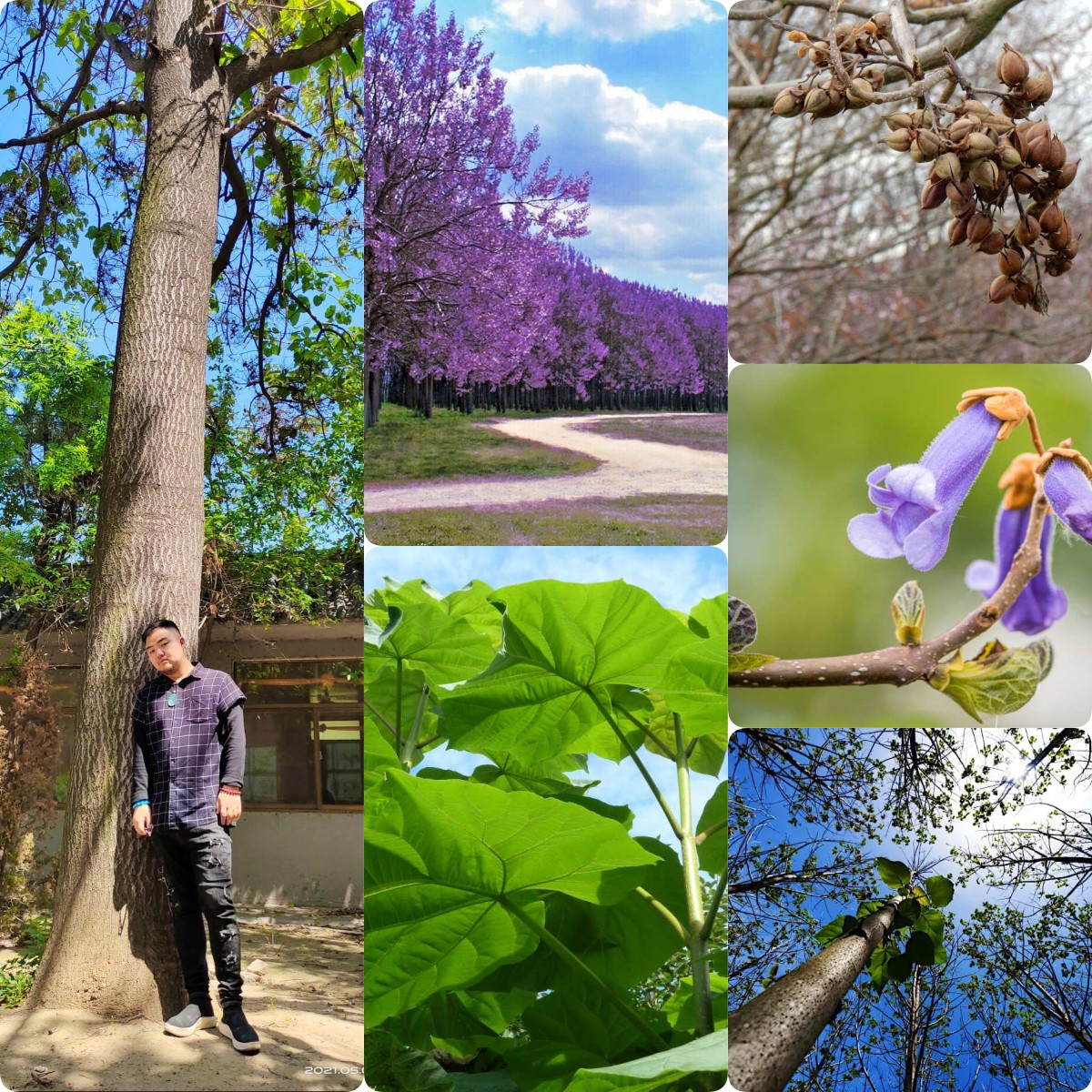About Paulownia
Paulownia known in Japanese as kiri, specifically referring to Paulownia tomentosa is also known as the Princess Tree. Pavlovnia but now usually spelled Paulownia, was named in honour of Anna Paulowna, queen consort of The Netherlands (1795–1865), daughter of Tsar Paul I of Russia. It is also called "princess tree" for the same reason.
Paulownia is the symbol of the office of prime minister, and also serves as the Government Seal of Japan used by the Cabinet and the Government of Japan, however paulownia’s producing and processing base is in China, China has the mature supply chain for paulownia edge glued board, starting from planting the tree to producing the finished boards. China has been exporting paulownia boards for over centuries. In China Paulownia is popular for roadside planting and as an ornamental tree. Paulownia needs much light and does not like high water tables. As a forestry crop Paulownia are exacting in their requirements, performing well only in very well draining soil, with summer rainfall or availability of irrigation water. Paulownia is extremely fast growing; up to 20 feet in one year when young. Some species of plantation Paulownia can be harvested for saw timber in as little as five years. Once the trees are harvested, they regenerate from their existing root systems, earning them the name of the "Phoenix tree".
Paulownia is also used in Chinese agroforestry systems because it grows fast, its wood is light but strong, its flowers are rich in nectar, its leaves make good fodder for farm animals, it is deep-rooting, and it is late-leafing and its canopy is quite sparse so that crops below it get both light enough to grow and shelter. Paulownia trees produce as many as 20 million tiny seeds per year. However, the seeds are very susceptible to soil biota and only colonize well on sterile soils (such as after a high temperature wildfire). Well-drained soil is also essential. Successful plantations usually purchase plants that have been professionally propagated from root cuttings or seedlings. Although seeds, seedlings, and roots of even mature trees are susceptible to rot, the wood is not and is used for boat building and surfboards.
Afterall, paulownia is the fastest growing tree species, paulownia wood is light, fine-grained, and warp-resistant, it is widely used in making drawer sides, cabinets, breaking boards, DIY crafts, guitar boards, countertops, table tops, boxes, coffins, beehives, surfboards, skiing boards, sauna panels, ceiling panels, floating shelves, etc. Lankowood Group has been making paulownia boards since 2000, we have a professional and customer-satisfying team, who will solve all problems for your paulownia trip. Welcome to join us.




